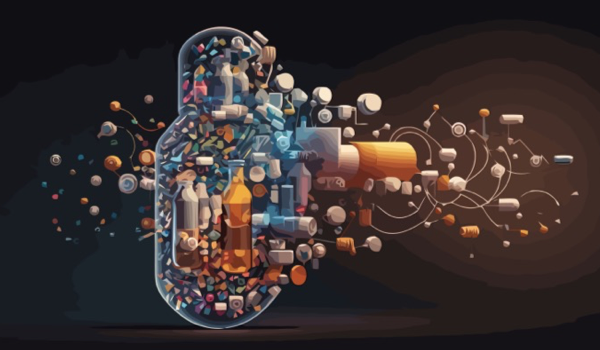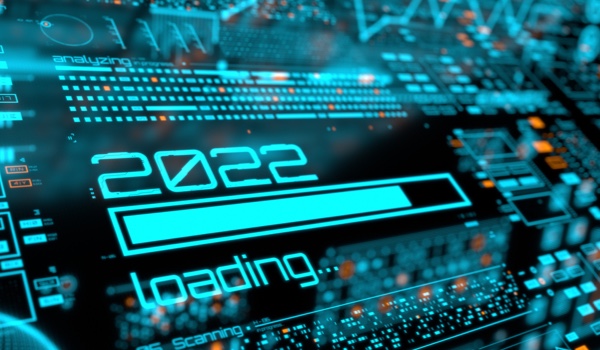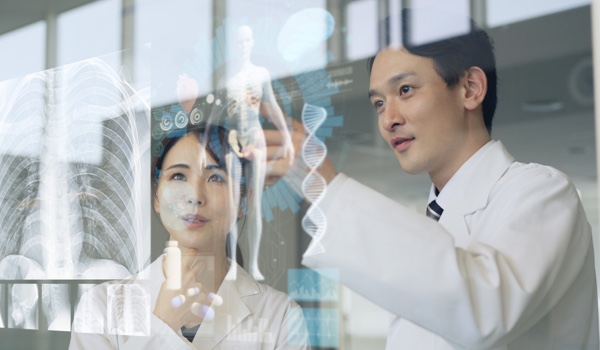


STRASBOURG, FRANCE -
AI’s grand potential
Over the past few years, the use of artificial intelligence (AI) in medicine has gained momentum, and the field of genomics is one area in which AI has shown particularly promising results.
Genomics is the branch of molecular biology that studies the structure, function, evolution, and mapping of genomes, which are the complete set of genetic instructions encoded in an organism's DNA. The study of genomics makes it possible to comprehend the functioning of genes and their role in shaping an organism's traits, behavior, and health. This field has various applications - including disease diagnosis - and the integration of AI in genomics can potentially revolutionize the diagnosis and treatment of rare genetic diseases, which are defined as those that affect only a small percentage of the population and which are caused by genetic mutations.1 Due to their rarity and complexity, such syndromes can be extremely difficult to diagnose and treat.
Traditional diagnostic methods - such as genetic testing and medical imaging - are usually deployed first, but these can be time-consuming and expensive, and they also often fail to provide an accurate diagnosis. However, AI has capabilities that go beyond traditional methods and so, as technology improves, it will play an increasingly critical role in improving the accuracy and efficiency of diagnoses.
AI algorithms do this by analyzing vast amounts of patient data, including genetic data, medical history, and clinical symptoms, to identify patterns and detect potential genetic mutations that may be responsible for causing a disease. These algorithms learn from these reams of data and can quickly identify complex genetic patterns not immediately obvious to human clinicians. Facial characteristics are an example of a valuable indicator for diagnosing genet
The content herein is subject to copyright by The Yuan. All rights reserved. The content of the services is owned or licensed to The Yuan. Such content from The Yuan may be shared and reprinted but must clearly identify The Yuan as its original source. Content from a third-party copyright holder identified in the copyright notice contained in such third party’s content appearing in The Yuan must likewise be clearly labeled as such. Continue with Linkedin
Continue with Linkedin
 Continue with Google
Continue with Google







 1106 views
1106 views










